
Аннотация
From Publishers Weekly
Although it caused an uproar in the author's native China, Western readers will find 27-year-old Wei Hui's semiautobiographical offering reminiscent of fiction by the brat pack writers of the '80s, though more clich‚d and less edgy. Waitress Nikki "but my friends call me Coco after Coco Chanel" is in love with Tian Tian, a melancholy and impotent artist who falls prey to narcotics. Coco loves him madly, but not so madly that she wants to give up sex, and this is why she's also been seeing Mark, a married German businessman. Coco's deceptions, Tian Tian's problems with his wealthy mother (who he suspects killed his father) and the intertwining worlds of art and fashion are all fodder for Coco's upcoming slice-of-lifestyle novel, in which Shanghai 's privileged 20-somethings are shown in their natural habitat of clubs and coffeehouses. Beneath the techno beat, though, the sore subject of Western imperialism its avatars, this time, multinational managers still lurks. Among Coco 's friends, one known as Madonna stands out in particular: she earned a fortune first as a madam and then as the widow of a rich man. Wei Hui evidently wants to imitate her heroes, the beats and Henry Miller, and relishes observations like "our bodies were already tarnished, and our minds beyond help." But she spends more time analyzing people by the brands they use and the cars they drive, thus giving the book an odd air of beat fluff, as if Jack Kerouac had mated with Judith Krantz. The book is as alluring as a gossip column, but, alas, as shallow as one, too. (Sept. 11)Forecast: Forty thousand copies of Shanghai Baby were burned by the Chinese government. Proving censors make the best publicists, rights were subsequently sold in 19 countries 200,000 copies are in print in Japan alone. U.S. media curiosity is already high, but the resulting sales bounce may be minor.
From Library Journal
Wei Hui's debut novel, which was banned in China, delves deep into the dark and glittering heart of Shanghai, as experienced by a hopeful and hedonistic young novelist, Nikki (better known to her friends as Coco, after the also irrepressibly glamorous Coco Chanel). Although deeply in love with her impotent artist boyfriend Tian Tian, the frustrated Coco takes a successful German businessman as a lover. What follows is the painful and explicit sexual and vocational journey of a young woman in search of her true self, attempting to gain control of her own trajectory as nefarious forces work on her from both within and without. Indeed, it seems almost as if the city's over-the-top materialism drives its inhabitants toward adultery and dark passions, forcing them at once into the dual role of victim/accomplice. It is just such paradoxes that make Wei Hui's novel so complex and thought-provoking: she deftly explores the intimate relationships that belie the seeming oppositions of East and West, love and desire, the natural and the artificial, hedonism and spiritualism. Haunting and resonant, Shanghai Baby proves the existence of the sacred in the profane. For all Chinese literature and contemporary fiction collections. Tania Barnes, "Library Journal"
***
Wei Hui's SHANGHAI BABY is the poetic, bittersweet and subtly spiritual tale of one woman's quest for personal fulfillment and drive for creative expression. The diverse and cultured city of Shanghai is more than the backdrop for the novel; it is a character itself. The city is celebrated by Hui, and its busy pace and natural sensuality contribute to the postmodern tone of the book. The most interesting character, however, is 25-year-old Nikki, the "baby" of the title. Nikki, known as Coco to her friends, is a writer. Unapologetic in her desire for both emotional and sexual satisfaction, Coco becomes involved with two very different men, all the while trying to write her first novel.
But more important than the details of Coco 's exploration of sex is the novel's examination of life, freedom, love, and death. Each man Coco is involved with offers a different path for that examination and different answers to the same philosophical questions.
Coco 's live-in boyfriend, Tien Tien, is a fragile and beautiful artist. The love between Coco and Tien Tien is sensual and spiritual. Obsessed by death, Tien Tien awakens in Coco an awareness of life and the importance of love. However, his impotence, physical but often emotional as well, leads her to a fierce and passionate affair with a married man. Strong, assertive Mark, a German businessman temporarily living in Shanghai, is the opposite of sensitive Tien Tien in every way. Coco 's fragile balance of juggling two lovers while writing her novel is upset as both men eventually become unavailable to her and she is faced with tragedy.
SHANGHAI BABY is a beautiful novel. The language is poetic and sensual yet funny and brutally honest. Coco is frank in her confusions, frustrations, elations, and joys. She is joined by a bevy of interesting characters, including a former madam, a computer hacker, a bisexual fashion stylist, an avant-garde filmmaker, drug addicts, and artists, not to mention her parents who must overcome their traditional expectations in order to understand and support her artistic and personal choices. Each character is faced with the same issues as Coco and each attempts to make sense of relationships, sexuality, family, and life in a changing Chinese culture. While Hui implies the struggle between tradition and modernity is lessening (at least in cosmopolitan Shanghai) her forecast for a woman's chance to find both sexual and emotional fulfillment is less optimistic.
We have been taught that through novels we can witness the changes and ultimately the growth of characters. As we read, they ideally become better people. Hui's novel is more challenging in that Coco does not fundamentally change and her growth is not overtly apparent. Hui's honest portrayal of Coco is both frustrating and refreshing and is thus an accurate reflection of the human condition. Coco 's vanity and selfishness (or confidence and trueness to her own needs) can verge on annoying; she is not always likable. However, she is capable of great insight.
This view into contemporary Chinese culture and the issues of female independence and sexuality is worthwhile. Coco's controversial publication of short stories mirror Hui's own experience -- the sex and sexuality described by Hui in SHANGHAI BABY doomed the novel to condemnation, banning, and public burnings in China, where it was originally published. However, American readers may be disappointed to find that what is scandalous in China is more commonplace in Western literature. Although a fairly easy read, it is not a light one. The themes of death, sadness, and loneliness balance the themes of romance and passion.
– - Reviewed by Sarah Egelman
![... Doggy Dad [zh]](https://www.rulit.me/data/programs/images/doggy-dad-zh_256462.jpg)
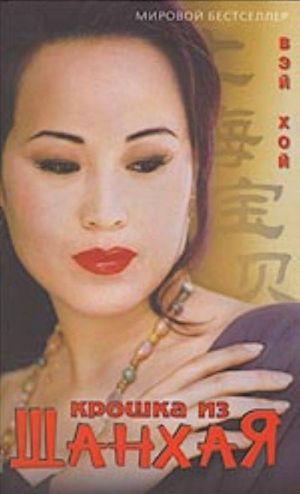
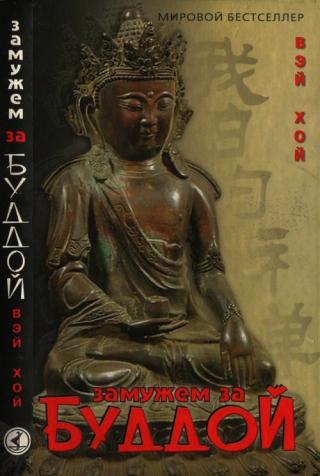
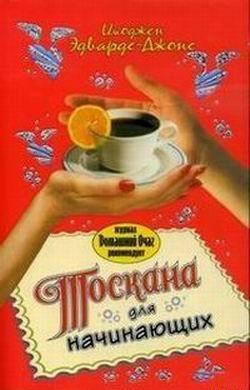
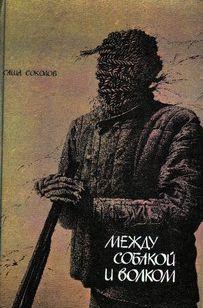

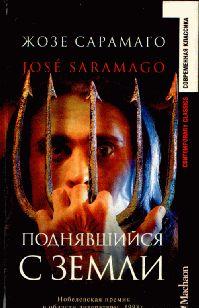
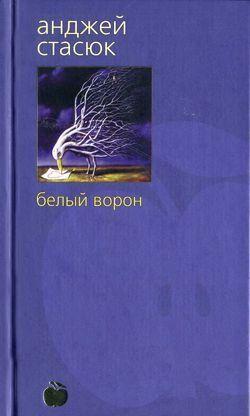
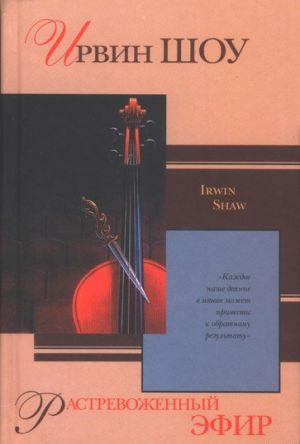
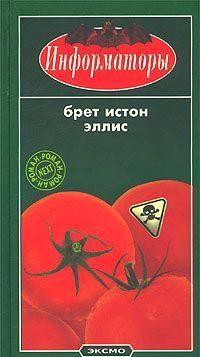
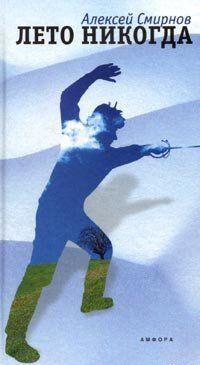
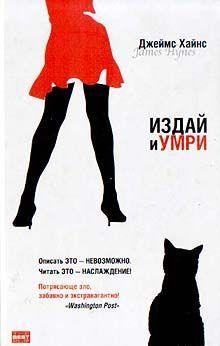
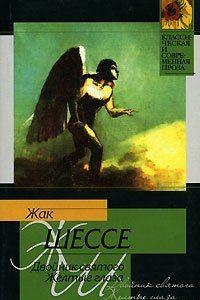
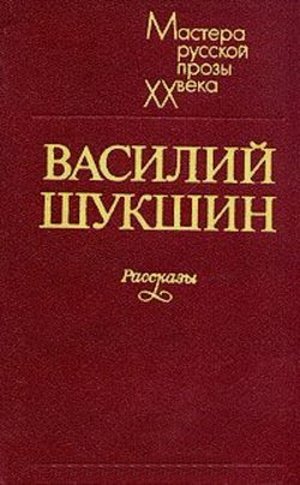
Комментарии к книге "Shanghai Baby (chinese)"